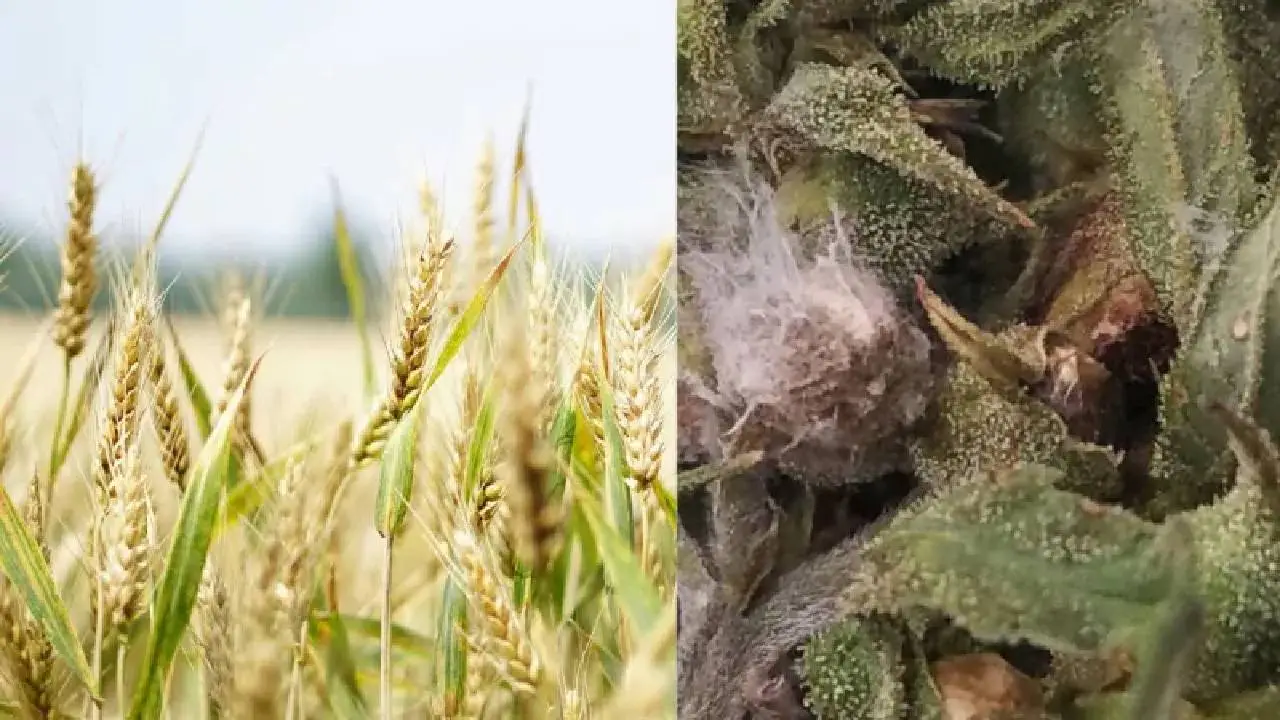
china
International News: In a case that has sent shockwaves through U.S. security and bio-research circles, two Chinese scientists were apprehended for attempting to smuggle Fusarium Graminearum into the country. This fungus, classified as a plant pathogen, is known for contaminating major crops like wheat and corn with a deadly toxin called deoxynivalenol. What makes this pathogen particularly alarming is its ability to silently infect food chains, destroy harvests, and ultimately spark large-scale famines.
Officials fear that the fungus could be part of a larger bio-warfare plot. Fusarium Graminearum has the ability to spread rapidly through spores, contaminating entire fields in days. If weaponized, it could bring down a nation's food supply without firing a single shot. U.S. authorities have confirmed that the samples seized were genetically modified, increasing their toxicity and resilience. This has sparked fears that these were not just academic samples but potential biological weapons.
The infected crops do not show immediate symptoms, making early detection extremely difficult. Once harvested, the contaminated grains enter the food chain. Consuming such grains can cause nausea, fever, vomiting, and even long-term immune system damage. For livestock, the fungus-laced feed can be fatal. This double-edged threat makes the fungus more insidious than any known agricultural pathogen.
China has officially denied any state-backed involvement, claiming the scientists acted independently. However, U.S. intelligence agencies remain skeptical. The incident has revived memories of the COVID-19 origin debate, adding fuel to geopolitical tensions. Authorities are now on high alert, scanning all imports and lab samples from Chinese sources.
American farmers, already battling erratic climate and economic challenges, now fear a silent killer from abroad. The Department of Agriculture has issued high-priority alerts and begun field inspections. Labs are being directed to increase research on detection techniques. For now, no large outbreaks have been reported, but the fear is real.
International bodies like the FAO and WHO have raised red flags. If this fungus escapes containment, developing nations with weak agricultural infrastructure could be devastated. Experts warn this could spark a humanitarian crisis more devastating than the COVID-19 pandemic, especially in food-insecure regions like Sub-Saharan Africa and parts of Asia.
This incident has opened a new front in the global war on bioterrorism. With genetically engineered plant pathogens entering the picture, nations may soon need to rethink their definitions of security. What was once a concern limited to humans is now a looming threat over every meal on every plate.








Copyright © 2026 Top Indian News
